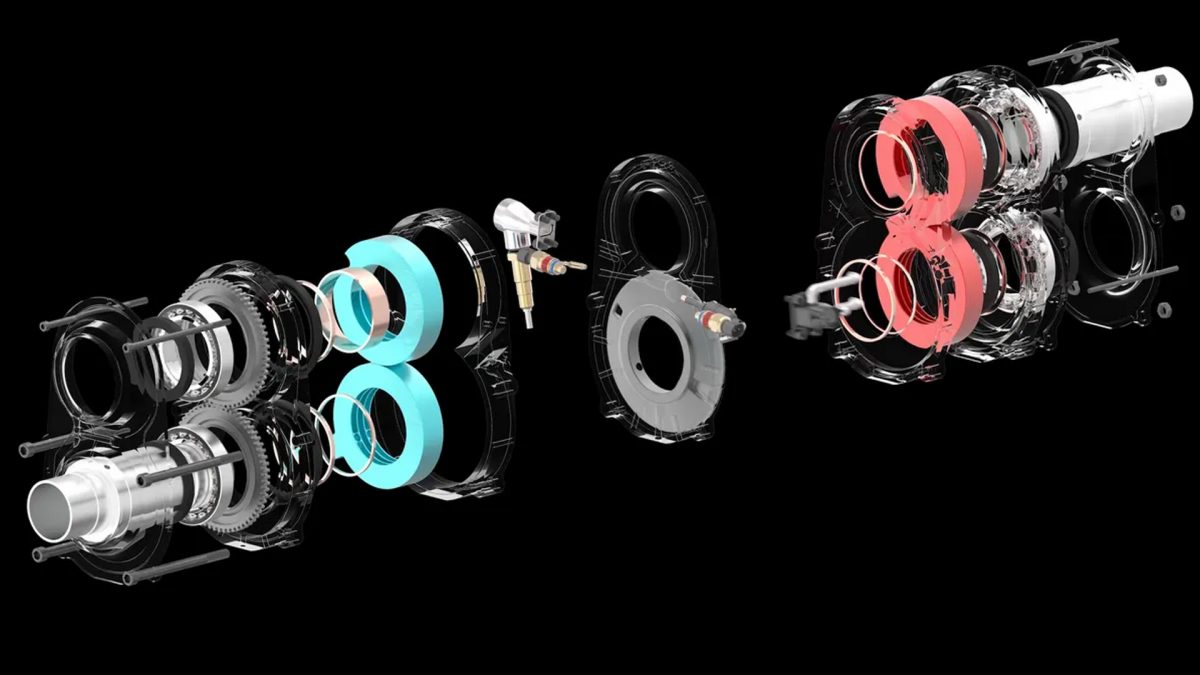While the goal is for a carbon-neutral environment, we have more ground to cover for now our mission is largely in its infancy.
The world is increasingly turning away from using internal combustion engine (ICE) vehicles. Still, some companies aim to repurpose the tried and true technology to allow it to live in harmony alongside climate change requisites.
One example comes from Astron Aerospace, which unveiled the Omega 1, an engine designed to give internal combustion a new lease of life amid increasing curbs on fossil fuel consumption.
The Omega 1 was designed to work with several different fuels, and its creators claim it can run while producing very low emissions. Astron Aerospace says the Omega 1 produces “extremely low to zero harmful emissions”, and that it is the “ultimate range extender”.
The company says it has a working prototype of its engine and that it will release more information in the not-too-distant future. In the meantime, it has revealed that, much like a Wankel engine, the Omega 1 doesn’t feature an offset crankshaft, eccentric shaft, or reciprocating pistons. However, unlike Wankel engines, the Omega 1 comes with a pre-chamber, connected to a pair of chambers, that separates cold intake air from exhaust gas, removing the issue of exhaust gas overlap.
One standard Omega 1 engine weighs only 35 lb (16 kg) and produces an output of 160 horsepower 170 pound-feet of torque. The company says its innovative engine’s design also allows multiple engines to be stacked together, increasing the output. While this design isn’t likely to prevent the ongoing push towards electrification — Canada and Norway, for example, have recently announced bans on ICE vehicles — it may well help internal combustion technology, which has been so reliable for over a century, stay around just a little longer.
Source: Motor1.com
